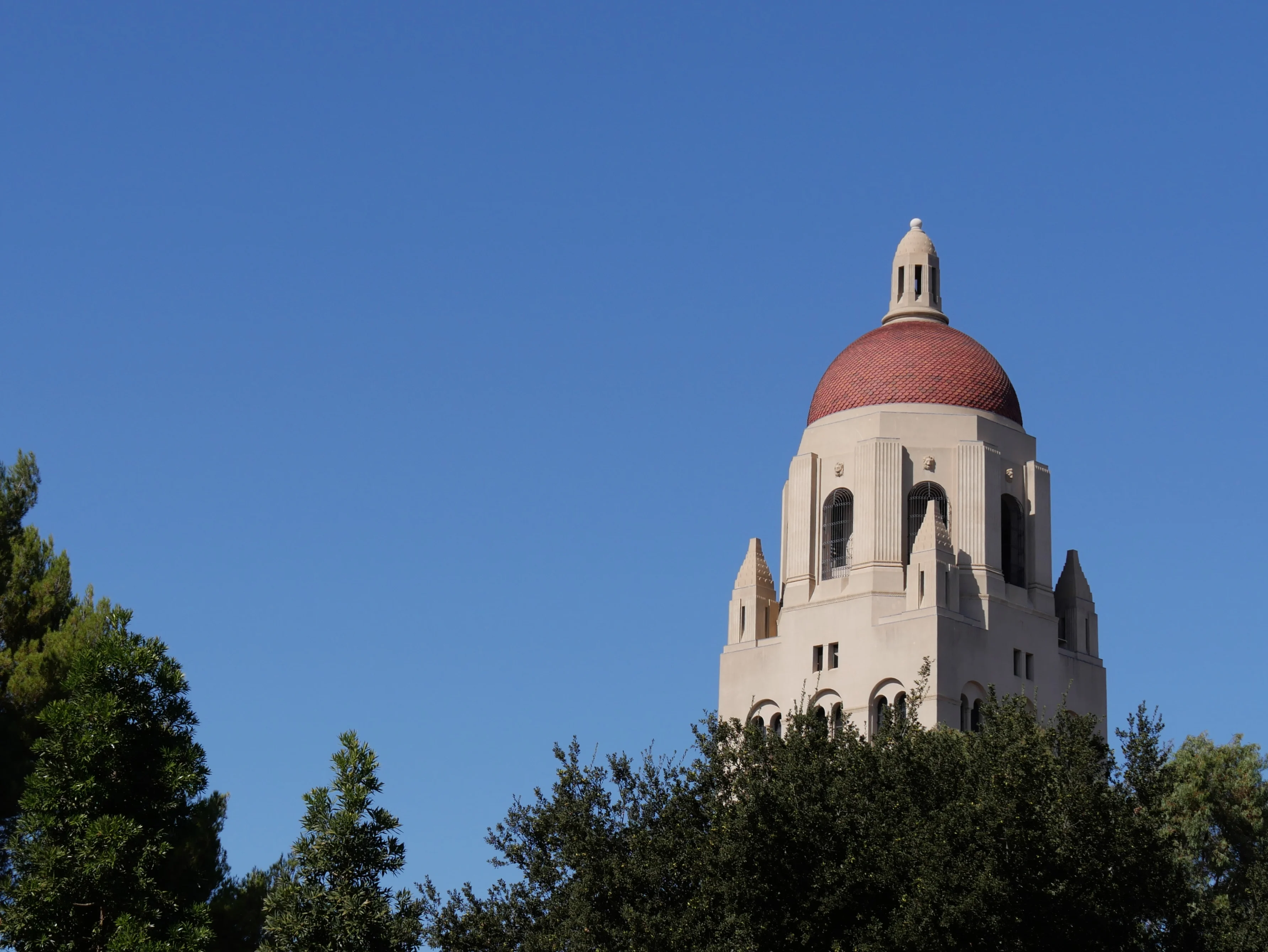When I was accepted into my Ph.D. program at Yale, and I told my work friends, they looked at me incredulously. Had they heard right? Yale was going to pay me to get a Ph.D? When I assured them that was the case, they just scratched their heads.
That said, I had no expectations that the Yale stipend would be enough to maintain my standard of living. I was giving up a well-paying job. I knew that if I still wanted to continue to do things like go on vacations, drive a decent car, live in an apartment by myself, eat out at restaurants or visit my parents, I would have to dip into my savings or take out loans. Like my fellow students, it was a sacrifice I was very glad to make.
Now, I am the one scratching my head. Our graduate students believe that Stanford should not only provide them with a world-class education, free of charge, but also guarantee them a “living wage” that — according to them — should be able to fund vacations, a car and trips home to visit their parents. Perhaps I am missing something here, but at what point did Stanford promise a living wage to its graduate students? Law, business and medical students do not expect a living wage. Neither do undergraduates.
Let me put this “living wage” argument into perspective. If you add Stanford’s tuition waiver to its current offer (about $53,000), you’ll find that the University is offering a subsidy to all of its graduate students to the tune of about $110,000. The median income of a single person in the United States is $50,000. In what world is a six-figure salary, more than twice the median income, not a “living wage?” Such is the life of privilege.
I can hear the objections now — you can’t eat the tuition subsidy. That argument is fallacious. The above six-figure salary is real. Our graduate students are very accomplished people. They all have the option to quit Stanford, enter the private sector and earn at least that salary. They are choosing to spend their income on Stanford tuition. A world class education is expensive. Some people choose to spend their money on expensive cars. Our students are choosing to spend their money on educating themselves.
Why are our students choosing to invest so much on a Stanford education? Because once the investment is over, they will benefit enormously. They will either take a job in the private sector, thereby increasing their lifetime earnings by millions of dollars relative to what they would have earned without their Stanford degree, or they will choose the even better option (trust me, I know) of staying in academia and having the luxury of getting paid to think about whatever you want. That is why there are so many people who would jump at the deal our graduate students have.
The bait-and-switch here is hard to swallow. On the day that any of our students opened their email to find that they had been accepted into our graduate school, they undoubtedly celebrated, and very happily accepted our offer. For each accepted graduate student, another applicant, only a tiny bit less qualified, had to endure the disappointment of being turned away. If we offered that person the University’s current offer, they would jump at it.
What exactly has changed since the acceptance decision? Nothing. If we allowed our hypothetical student to turn back the clock and apply to Stanford all over again, they would make exactly the same decision. Let’s call a spade a spade. What our graduate students are attempting to do is to enrich themselves by holding the University up.
The idea that Stanford owes its graduate students a “living wage” is preposterous. What the University owes its graduate students is a world-class education. Were the University to accede to our graduate students’ demands, it would come at the expense of that education.
The pie is fixed here. Any extra money going to graduate stipends must come from another source. I know of no stakeholder in the University who is willing to take a cut to fund the largess our graduate students are demanding. If the administration were to choose to fund graduate students’ vacations, this money would have to come from other stakeholders. One obvious source is undergraduate financial aid. It is hard to see how that decision could not negatively impact the dual mission of the University to create and disseminate knowledge.
Jonathan Berk is the A.P. Giannini Professor of Finance at Stanford Graduate School of Business. He is also a member of the Faculty Senate.
